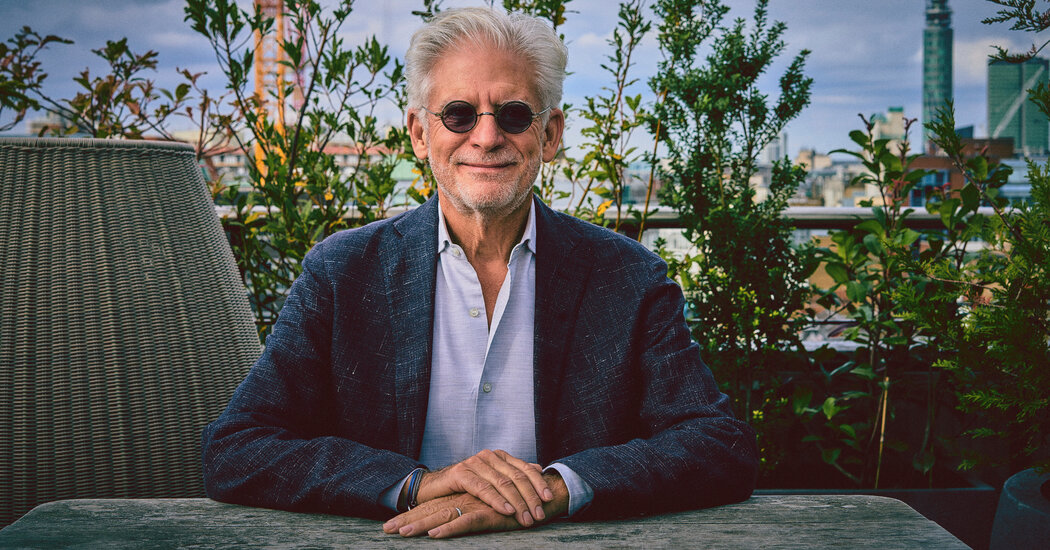
Robin Feldman, an expert on pharmaceutical intellectual property at the University of California Hastings College of Law, said the conflict over psychedelics reflects the larger problems of a patent system that saddles Americans with some of the highest prescription drug prices in the world. “It’s not pretty when you look under the hood,” she said. “With psychedelics, what we’re seeing is a clash of cultures between the altruism of those who want to use existing compounds in new and exciting ways crashing up against the realities of the patent system.”
Though most psychedelic drugs remain illegal under federal law, the Food and Drug Administration has become more receptive to new uses for them. The agency is weighing approval of the therapeutic uses of MDMA, better known as Ecstasy, and psilocybin, which is undergoing accelerated review. Three years ago, the F.D.A. approved esketamine, a nasal spray derived from the anesthetic ketamine, for depression that is resistant to other types of treatment.
For the first time in decades, the National Institutes of Health has begun funding psychedelic research, and many of the country’s premier universities have been racing to set up psychedelic research centers. A number of them have also entered into partnerships with drug companies, which are seeking to patent new therapies — and share any future profits.
Seattle, Denver, Oakland, Calif., and Washington, D.C. are among a score of municipalities that have decriminalized psilocybin mushrooms. In January, Oregon will become to first state to offer psilocybin therapy in a clinical setting.
Investment has been pouring into the three dozen publicly listed companies — most of which didn’t exist four years ago. According to InsightAce Analytic, a market research firm, the psychedelic therapeutics market was worth $3.6 billion in 2021 and is expected to reach $8.3 billion by 2028, though many companies, like their biotech start-up cousins and the overall market, have been buffeted by declining stock prices in recent months.
“It feels like it came out of nowhere with a very powerful, attention-grabbing debut,” said Ritu Baral, an analyst who follows the psychedelics sector for the investment bank Cowen.
